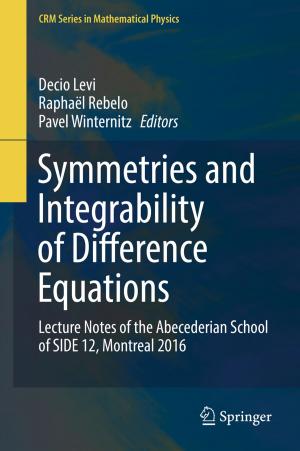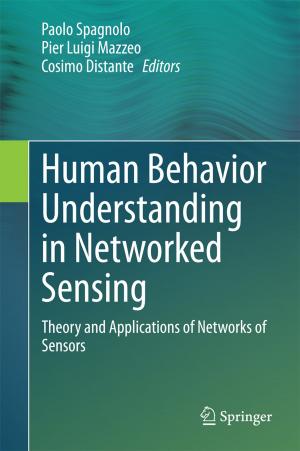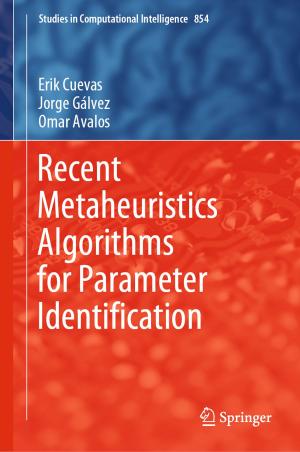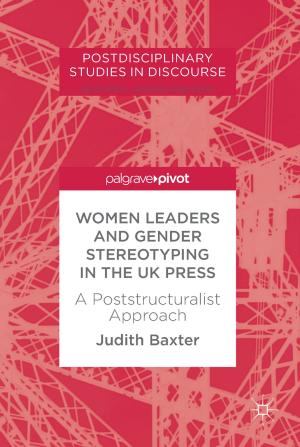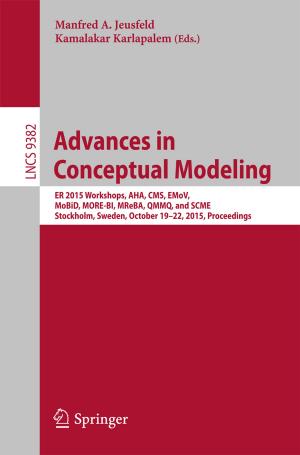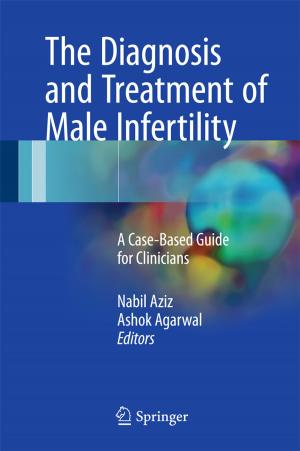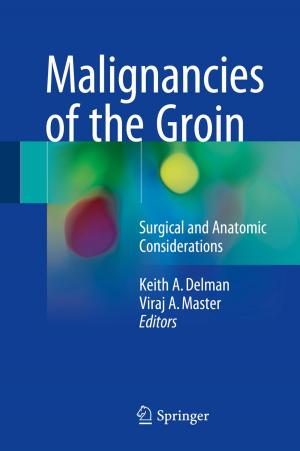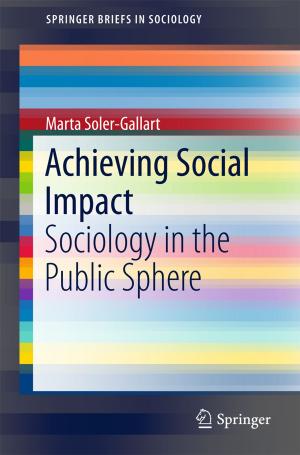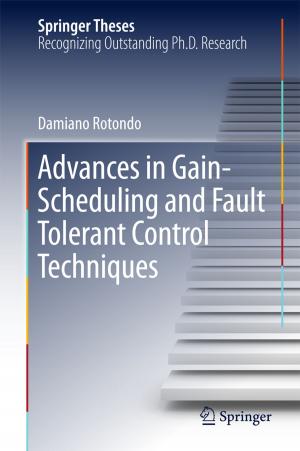Developing Language and Literacy in English across the Secondary School Curriculum
An Inclusive Approach
Nonfiction, Reference & Language, Language Arts, Linguistics, Education & Teaching, Teaching, Teaching Methods| Author: | Urszula Clark | ISBN: | 9783319932392 |
| Publisher: | Springer International Publishing | Publication: | July 21, 2018 |
| Imprint: | Palgrave Macmillan | Language: | English |
| Author: | Urszula Clark |
| ISBN: | 9783319932392 |
| Publisher: | Springer International Publishing |
| Publication: | July 21, 2018 |
| Imprint: | Palgrave Macmillan |
| Language: | English |
This book draws on original research and a language based pedagogy approach to examine how secondary schools in the UK can devise and implement coherent language and literacy across curriculum policies and strategies, so that grammar and associated metalanguage becomes an integral part of their day to day curriculum practices. The research was undertaken in three 11 to 18 secondary schools in England, where the majority of students are categorised as having English as a second language (EAL), and where a significant minority are also socially disadvantaged in two of the three. The author argues that paying explicit attention to the linguistic structures through which subject knowledge is realised can be of benefit to all pupils in ways that are also socially just and democratic. This book provides an important bridge between academic theory and educational practice that will appeal to applied linguists and sociolinguists, as well as to teachers, teacher trainers and practitioners.
This book draws on original research and a language based pedagogy approach to examine how secondary schools in the UK can devise and implement coherent language and literacy across curriculum policies and strategies, so that grammar and associated metalanguage becomes an integral part of their day to day curriculum practices. The research was undertaken in three 11 to 18 secondary schools in England, where the majority of students are categorised as having English as a second language (EAL), and where a significant minority are also socially disadvantaged in two of the three. The author argues that paying explicit attention to the linguistic structures through which subject knowledge is realised can be of benefit to all pupils in ways that are also socially just and democratic. This book provides an important bridge between academic theory and educational practice that will appeal to applied linguists and sociolinguists, as well as to teachers, teacher trainers and practitioners.


